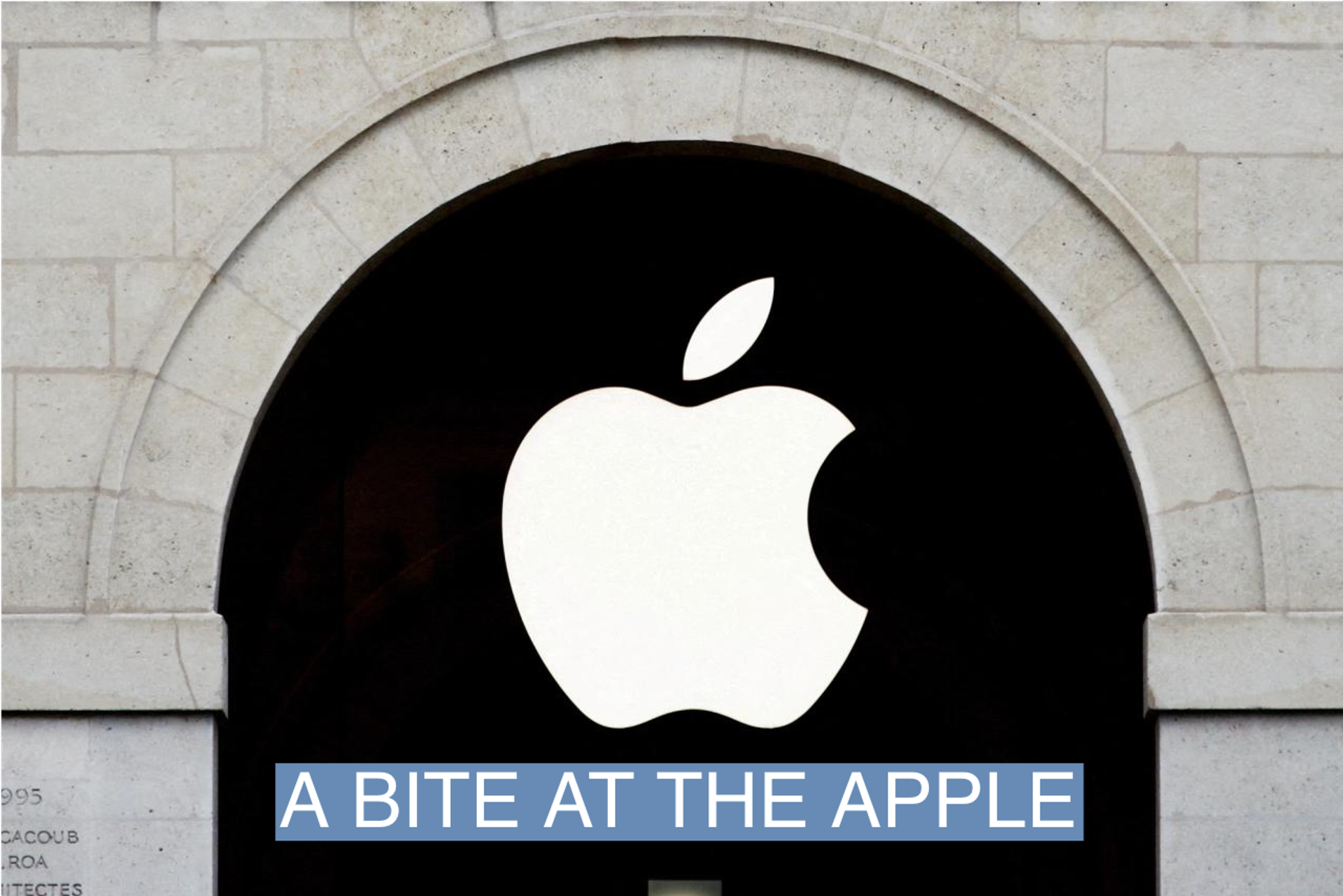The News
Apple is making sweeping changes to its app store in the European Union to comply with new rules aimed at controlling the power of tech giants. The landmark shift, in response to the bloc’s new Digital Markets Act, will allow users to download games and tools from third-party app stores and gaming services, use alternate payment systems, and more easily choose a new default web browser other than Safari, Apple announced Thursday.
SIGNALS
Patchwork regulation defines modern tech experience
An iPhone user in Berlin will now have a very different experience than one in Atlanta. The change shows how “a checkerboard of laws and regulations is now fracturing people’s technology experiences based on where they live,” The New York Times wrote. While Apple was forced to open up its app landscape in the EU, it restricted its app store in China last year to comply with a law effectively only allowing apps that host their back end operations domestically. And in the U.S., the company is having to sell its Apple Watches without blood oxygen features that were the source of a patent dispute this month.
Apple still pushing back on need for changes
Apple has long resisted the EU’s new antitrust regulations, and continued to say Thursday that the changes to the app store risked user security, especially in a year in which four billion people are eligible to vote in national elections. “Apple is having to create technology to allow an app to install other apps, and inherent in that is risk,” an Apple executive who runs the App Store told Bloomberg, saying the company is taking steps to try and limit security and privacy threats. Apple also won’t extend its content guidelines to third-party marketplaces, leaving the door open for users to download apps that might ordinarily be banned from the current App Store.

